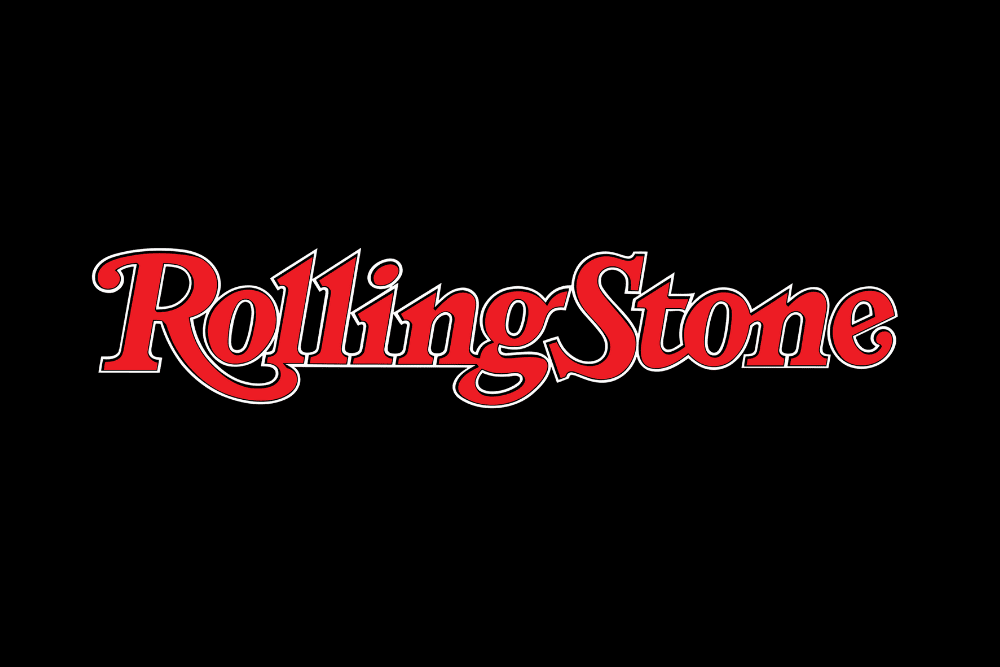By: Arash Sadat and Roya Angha
If you have lost a loved one due to the negligence of a detox or rehab facility, navigating the legal landscape can be overwhelming. This is where a skilled law firm can make a significant difference. Our experienced attorneys will investigate the circumstances of your case, gather necessary evidence, and hold the responsible parties accountable. We have handled cases in and around Los Angeles, San Diego, Orange County, Riverside, San Bernardino, Ventura, San Jose, Oakland, the San Francisco Bay area, and several nearby cities.
Sadly, you are far from alone in facing a tragedy of this kind. Each year, thousands of people die in drug and alcohol treatment facilities across the country. These individuals seek help for their addiction, but too often, they fall victim to negligence on the part of facilities meant to support them.
It is crucial to understand the standard of care that these facilities are legally obligated to uphold. If a loved one has died due to a facility’s negligence, you are not without recourse.
Unfortunately, many facilities fail to meet the legally required standards. Common failures include overmedicating patients, providing inadequate supervision, failing to prevent illicit substances from entering the facility, and failing to protect patients from self-harm.
What Are the Legal Obligations of Detox and Rehab Facilities in California?
California has established strict guidelines under which detox and rehab facilities must operate. These requirements are implemented, overseen, and enforced by the Department of Health Care Services. Any facility offering detox, individual or group therapy sessions, educational programs, or recovery and treatment planning for adults struggling with substance misuse must obtain proper licensure from DHCS. DHCS not only enforces licensing requirements, but also manages certification and investigates potential violations.
One of the very first obligations of a drug and alcohol treatment facility is to gather detailed information about the patient’s physical and mental health, substance use history, and social, economic, and family background upon admission. Then, within 10 calendar days of admission for residential programs, or 30 days for outpatient programs, facilities must develop a personalized treatment plan for the patient.
The first 72 hours of detox are the most critical, and staff are required to check on patients every 30 minutes, monitoring for withdrawal symptoms. At least one staff member trained in detoxification must always be assigned to the observation of detoxification patients, and their training should include information on detoxification medications and signs and symptoms that require referral to a higher level of care.
Treatment facilities cannot admit individuals who require immediate medical evaluation or a higher level of physical or mental health care and must immediately refer them to an appropriate facility.
And of course, facilities are required to maintain an alcohol and drug-free environment, carefully monitoring the use of prescribed medications as specified by written policies and procedures. Trained staff must always be on duty to adequately monitor clients for signs and symptoms of their possible misuse of prescribed medications, adverse medication reactions, and related medical complications.
Are There Any Other Laws That Govern Detox and Rehab Facilities?
The California Legislature acknowledges that certain adults may be vulnerable to abuse, neglect, or abandonment due to physical impairments or other health issues that place them in a dependent position. This includes people suffering from addiction. To protect these individuals, the Legislature enacted the Elder Abuse and Dependent Adult Civil Protection Act (the “Act”), which empowers protective agencies, law enforcement, and attorneys to protect and advocate for abused elderly persons and dependent adults.
Under the Act, a “dependent adult” is defined to include individuals between the ages of 18 and 64 who are admitted as an inpatient to a 24-hour health facility, such as a drug or alcohol treatment center. The law defines “abuse” to include neglect or the deprivation of goods or services necessary to prevent physical harm or mental suffering.
Given that these facilities assume a substantial caretaking or custodial role, they can be held liable under the Act for willfully causing or permitting a patient to be placed in a situation that endangers their health or safety. California courts have held that conduct tantamount to a total failure to provide care to a resident at a detox clinic violates the Act. A violation of the Act also entitles a prevailing plaintiff to recover from the responsible defendant(s) punitive damages and reasonable attorney’s fees.
The Newest Laws Governing Detox and Rehab Facilities
The California Ethical Treatment for Persons with Substance Use Disorder Act, which went into effect on January 1, 2023, strengthens patient rights and safety. The legislature enacted this law in part to address “predatory, unsafe, and unethical practices” by detox and rehab clinics operating in the state.
The new law mandates that treatment programs must:
- Implement a client bill of rights, ensuring patients are treated with honesty, respect, and dignity;
- Inform patients about all treatment options, including risks and benefits;
- Give patients with evidence-based, ethical care provided by qualified staff;
- Address co-occurring conditions when appropriate;
- Allow patients to stay in treatment as long as authorized;
- Protect patients from abuse and exploitation;
- Inform patients of their rights; and
- Inform patients how to file complaints.
The new law is also designed to address gaps in the current system, particularly concerning the marketing and advertising practices of licensed substance use disorder treatment facilities and certified treatment programs. Treatment providers must give clear, accurate, and complete information about their services, including the provider’s name, brand, location, types of services offered, and levels of care available.
Anyone harmed by violations of the new law may bring a claim against the treatment provider and any other person who aided or participated in the violation. The court may, in addition to equitable relief, award treble damages and reasonable attorney’s fees to prevailing plaintiffs.
Can Detox and Rehab Clinics Be Held Liable for Negligence?
Yes. While the laws discussed above can give rise to liability, often the most powerful claim that family members can bring is ordinary negligence. Negligence can take many forms and is highly dependent on the specific facts of the case.
What Can I Do if a Detox or Rehab Facility Falsely Advertises Its Services?
Sadly, many detox and rehab facilities continue to rely on illegal and deceptive marketing. This can take many forms.
Some clinics rely on high-pressure “hard sells” to recruit clients. Others go further, engaging in “body brokering” to exploit insurance companies and generate revenue. Some facilities will advertise services that they simply do not provide.
Depending on the facts, these marketing practices can be illegal and may allow the victim’s family members to sue the clinic under California’s Unfair Competition Law and California’s False Advertising Law. Bringing these claims can have important strategic consequences and should be discussed with an attorney experienced in wrongful death cases involving detox and rehab clinics before asserting them.
Does California’s Medical Malpractice Cap Limit Damages in Cases Against Detox or Rehab Clinics?
In most cases, no. California’s Medical Injury Compensation Reform Act (“MICRA”) caps emotional distress damages in medical malpractice actions. For many years, the maximum a plaintiff could recover was $250,000.
Recent amendments to the law have raised that number to $350,000, and annual increases will take effect every year until 2033, when the cap on noneconomic damages reaches $750,000.
While some detox facilities may be licensed to provide incidental medical services, providing such services does not make a drug and alcohol treatment center a “health care provider,” as defined under MICRA. Because of this, there is often no cap on the emotional distress damages that families can recover when a loved one passes at a detox or rehab facility.
That said, some services provided by detox and rehab clinics may be subject to the MICRA damages cap. This could include deaths caused by overmedication or other negligence by a doctor or registered nurse. Consult an attorney.
Who Can Bring a Lawsuit Against a Detox or Rehab Clinic in California?
When a loved one passes away due to the actions or negligence of a detox or rehab facility, you can bring two different types of legal actions: a survival action and a wrongful death action.
A survival action allows a representative or a survivor — for example, a spouse or child — to bring claims on behalf of the deceased to recover damages the deceased would have been entitled to while alive. That may include various types of damages, including medical costs and future earnings. Damages may also be recovered for the deceased’s pain, suffering, or disfigurement, as well as penalties or punitive damages to which the deceased would have been entitled if they survived the incident that caused their death.
A wrongful death action, by contrast, enables family members to sue for damages if their loved one’s death was caused by another’s negligence. Through a wrongful death action, the deceased’s immediate family members may receive financial support the deceased would have contributed during their lifetimes, the loss of gifts or benefits the family members would have expected to receive from the deceased, and funeral and burial expenses. The family may also seek compensation for the reasonable value of household services that the deceased would have provided and for the loss of love, companionship, comfort, care, assistance, protection, affection, society, moral support, training, and guidance. A wrongful death action may be brought by the deceased’s spouse or children.
The best course of action if a loved one has died at detox or rehab clinic is typically to bring both claims. As part of this process, family members should file a petition in probate court to obtain letters of administration. This will not only allow family members to bring a survival action but will also allow them to obtain documents and information from third parties (typically medical providers) that may be critical to the underlying lawsuit.
A law firm can be your advocate in securing justice and ensuring that such negligence is not repeated. Your loved one deserves proper care, and with the right legal support, you can take steps to demand accountability and protect others from similar harm. Call us at (213) 583-2154, and we can help.












